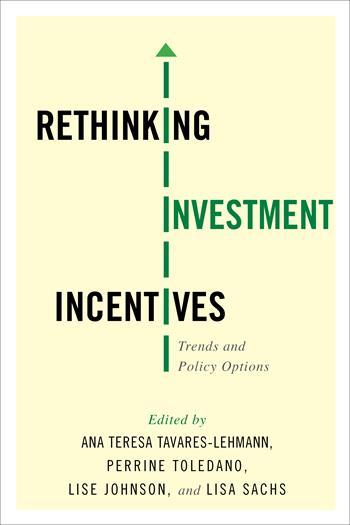Arshin Adib-Moghaddam: Postmodern Islam and the Arab Revolts
Arshin Adib-Moghaddam, author of A Metahistory of the Clash of Civilisations: Us and Them Beyond Orientalism, recently wrote an op-ed for Open Democracy on the revolutions in the Arab world, in which he argues:
What is striking about this moment is that this entire Islamic complex is now directed towards democracy and social equality. Islam is realising its latent social and cultural force, transforming itself into a “postmodern Islam” that is a radical departure from the deterministic, totalitarian “Islamism” of previous generations.
In the article, “Postmodern Islam and the Arab Revolts,” Adib-Moghaddam traces the origins of Islamism as a reaction to the military/dictatorships and Western neo-colonialism in North Africa and the Middle East in the past century. Whereas the previous Islamism, led by figures such as Khomeini and Qutb, stressed a “total Islam,” today:
The context in which Islams reveal themselves is radically different. In the political arenas of Egypt, Iran, Tunisia and Bahrain, they do not function as revolutionary programmes. There is no Khomeini at their head; no Islamist manifesto driving people’s actions; no headquarters topped by a green flag coordinating things. Postmodern Islam is diffuse, networked, differentiated, multi-institutional and (in the sense that it is neither paternalistic, nor primarily feminist) “transsexual”.
Postmodern Islam floats freely on the world-wide-web, and links up with the universal move towards democracy, social equality and resistance to political tyranny. It has put a new face to the book, one that is far less angry and more empathetic to the demands of society and other political actors than was “Qutbian Islam”.


